Credit Card Payments: Strategies for Managing During Tough Times
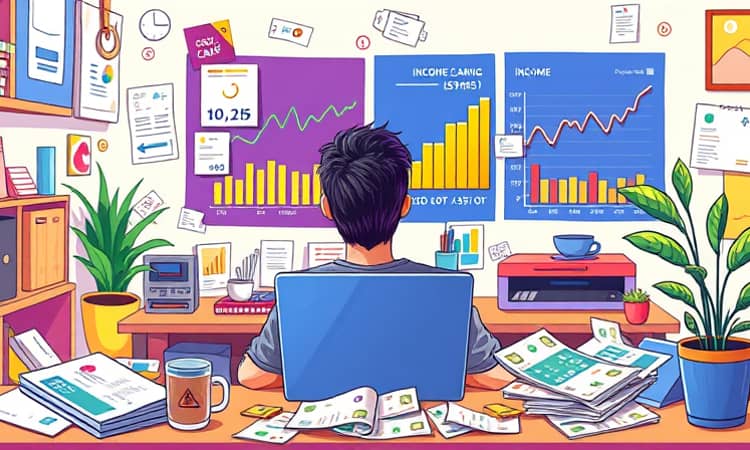
Managing credit card payments can be overwhelming, particularly during tough economic times when unforeseen expenses arise, and incomes may fluctuate. It’s essential to develop a set of effective strategies to address credit card debt to avoid falling into a financial pitfall. This article will explore various approaches to helping you regain control over your credit card expenses and make informed decisions going forward.
Understanding the nature of credit card debt is crucial. Credit cards offer the convenience of borrowing money, but this convenience can quickly turn into a steep burden if not managed properly. High-interest rates can compound quickly, increasing the total amount owed, often leading to a cycle of debt that can feel impossible to escape.
By following a structured approach and employing sound financial practices, individuals can work towards a more stable and manageable financial situation. The forthcoming sections will delve into the various steps you can take, from assessing your current debt situation to negotiating effectively with creditors.
Understanding Credit Card Debt

Credit card debt can be a significant source of stress for many individuals, particularly when it accumulates to a level that exceeds what can reasonably be managed. With tempting offers and easy access to funds, consumers often find themselves in over their heads before they even realize it. Understanding how credit card debt works, including interest rates and fees, is the first step in tackling it effectively.
Many people assume that making only the minimum payment each month is sufficient, but this can lead to a prolonged repayment period and significantly higher total interest paid over time. It’s essential to know your card’s interest rates and payment terms, as they have a direct impact on your overall financial health.
In addition, personal circumstances such as job loss or unexpected medical expenses can exacerbate an already precarious situation. Therefore, gaining clarity on the size and structure of your credit card debt is essential in finding an actionable path out.
Assessing Your Situation
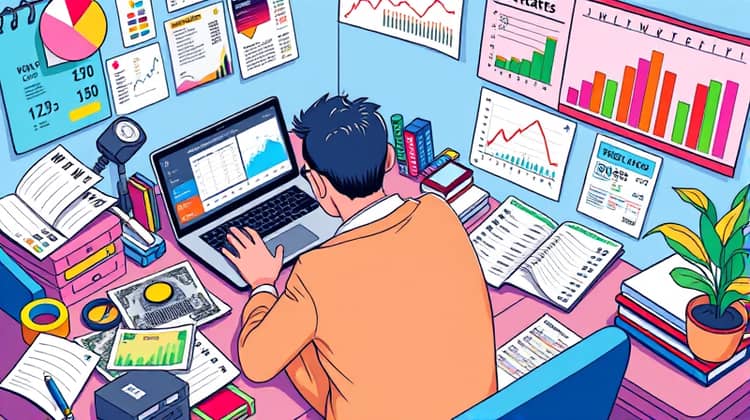
Before developing a strategy to tackle credit card debt, it's necessary to assess your current financial situation closely. This involves listing all of your credit card balances, interest rates, and monthly payment obligations. A clear picture will help prioritize debt repayment and identify any financial stressors that may be affecting your life.
Take the time to collect statements and use financial tools, such as budgeting apps or spreadsheets, to track your spending and categorizing your expenses. Understanding where your money is going and how much you have available for credit card payments is vital for making informed decisions.
- List all your credit card debts with their balances
- Note interest rates and fee structures
- Calculate minimum monthly payments required
- Review your total monthly income against expenses
Once you have a full understanding of your situation, you can employ effective strategies to begin managing and prioritizing your credit card payments.
Prioritizing Payments
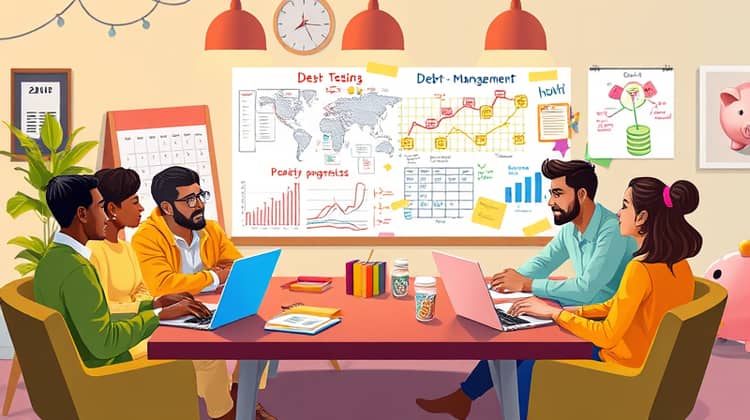
With a complete assessment at hand, it’s time to prioritize which debts need attention first. This can be approached in different ways, depending on your financial goals and personal circumstances. Some choose to tackle the smallest debt first for quick wins, while others prefer focusing on the debts with the highest interest rates to save on overall interest payments.
Whichever method you choose, the key is to remain consistent and committed to your plan. Identify a strategy, and stick to it, making extra payments on the prioritized debt whenever your budget allows.
- Focus on highest interest debts first
- Consider the debt snowball method for smaller debts
- Make at least minimum payments on all others
- Allocate any extra funds to your prioritized debt
Establishing a solid payment prioritization plan is fundamental to reducing your debt load effectively and efficiently.
Negotiating With Creditors

One often overlooked strategy in managing credit card debt is negotiating directly with creditors. Many credit card companies are willing to work with customers who are experiencing financial difficulties, particularly if you have a satisfactory payment history prior to your current struggles.
You may be able to negotiate lower interest rates, reduced monthly payments, or even settlements on outstanding debts. Approach your creditor with honesty about your situation, but also with clear goals about what you intend to achieve in negotiations.
- Request a lower interest rate
- Ask for a temporary payment plan
- Inquire about potential settlement offers
- Seek forgiveness for late fees
Negotiating your terms can provide significant relief and potentially save you money in the long term, making it easier to manage your payments effectively.
Exploring Debt Relief Options

If debts have become unmanageable, explore various debt relief options available. Many individuals turn to debt consolidation services, which combine multiple debts into a single loan with a lower interest rate or a fixed repayment plan.
Additionally, consider credit counseling programs where certified professionals can assist in developing repayment plans or settling with creditors. Be sure to choose reputable organizations to avoid potential scams.
- Consider debt consolidation loans
- Investigate credit counseling services
- Review debt settlement options
- Explore bankruptcy as a last resort
Finding the right debt relief option can make a significant difference in managing overwhelming credit card debt and achieving financial stability.
Creating a Budget
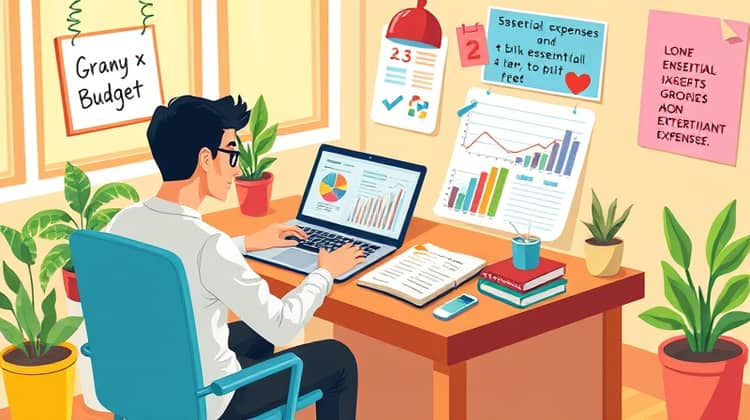
A focused budget is one of the most powerful tools for managing your finances and ensuring that credit card payments remain a priority. Start by documenting all sources of income and expenses, differentiating them into essential and non-essential categories.
Creating a budget will allow you to set specific limits for discretionary spending, leaving more funds available for credit card payment plans. Regularly reviewing and adjusting your budget can help you adapt to shifting financial circumstances.
- Calculate total monthly income
- List all monthly expenses
- Determine discretionary spending limits
- Allocate funds specifically for credit card payments
Stick to your budget and make adjustments as necessary. Over time, a disciplined budgeting approach can not only help you manage credit card debt but also create a foundation for long-term financial health.
Avoiding Common Pitfalls
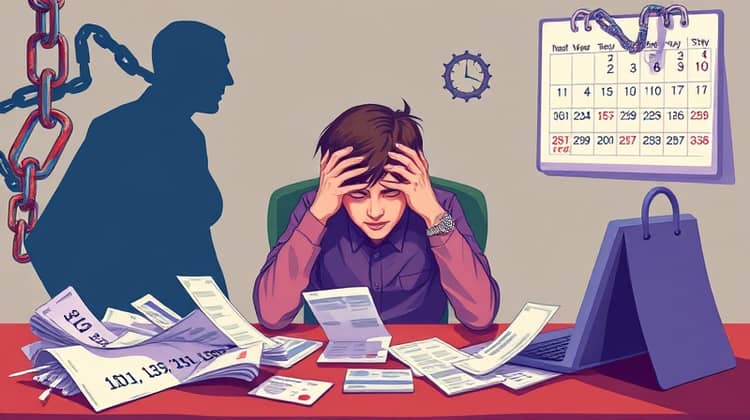
As you work to manage your credit card payments, be on the lookout for common pitfalls that can derail your efforts. For example, taking on additional credit card debt while trying to resolve existing debt can lead to further complications and stress.
Likewise, relying solely on minimum payments while accruing new charges can trap you in a cycle of debt that is difficult to escape. Awareness and discipline are crucial throughout this process.
- Avoid opening new credit cards
- Don’t ignore bills and statements
- Stop making only minimum payments
- Refrain from accumulating more debt
By steering clear of these common pitfalls, you can increase your chances of successfully managing your credit card payments during challenging times.
Staying Informed

Educating yourself about credit card terms, interest rates, and consumer rights is imperative. There are numerous resources available, including government websites, financial blogs, and books that offer in-depth information about debt management and credit scores.
In addition, stay updated about changes in credit card policies and new financial products that could benefit you as you work to overcome your credit card debts.
- Regularly check your credit report
- Monitor changes to interest rates
- Stay aware of financial news
- Review terms of your credit cards periodically
Continued education and awareness will empower you to manage your credit card payments and debt more effectively over time.
Conclusion

Facing credit card debt can be daunting, particularly during tough economic times; however, with the right strategies and tools, it is achievable. By understanding your debt, assessing your situation, and implementing a detailed plan, you can take control of your financial future.
Remember that managing credit card payments is a long-term process that requires commitment and adaptability. If challenges arise, don't hesitate to seek assistance from professionals to help you navigate your options and establish a path forward.






